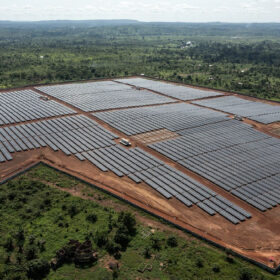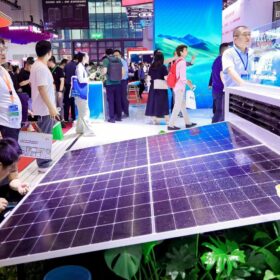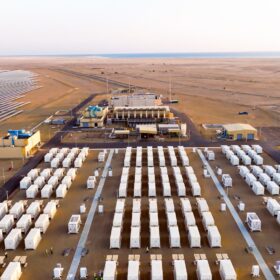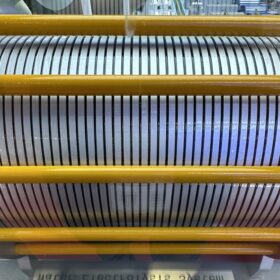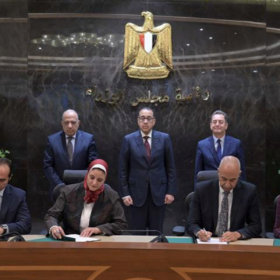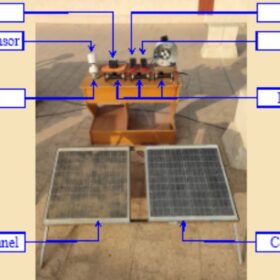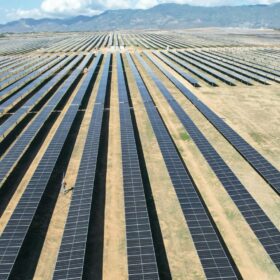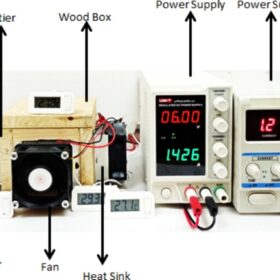African solar looks beyond donor nations for investment
Multilateral organizations the World Bank and African Development Bank (AfDB) have played a key role in the development of African solar and want to attract more private capital to a continent with at least 40% of the world’s solar irradiation but currently only 1% of its PV generation capacity.
JA Solar plans 2 GW solar cell, module factory in Egypt
Chinese manufacturer JA Solar has agreed to build a 2 GW solar cell and module factory in Egypt with support from UAE-based Global South Utilities.
The MENA region – the next hot market for energy storage!
“The MENA region – the next hot market for energy storage?” I asked in an article back in October 2017. It took a bit longer than I expected, but seven years later it’s time to replace the question mark with an exclamation mark. It’s hot indeed.
The Hydrogen Stream: Mibgas, DH2 Energy launch Iberian H2 auction
Portuguese researchers say that raw materials are not a major concern for the European supply chain, while Mibgas Derivatives and DH2 Energy have launched the Iberian Peninsula’s first renewable hydrogen auction.
Voltalia, Taqa Arabia to develop Egyptian 3 GW wind-solar facility
French developer Voltalia and Egyptian energy distribution company Taqa Arabia have signed a memorandum of understanding to turn an existing 545 MW wind farm into a 3 GW hybrid wind-solar site.
Anti-soiling coating increases PV panel current in arid regions by 64.7%
Scientists in Egypt have created an anti-soiling coating for solar panels by mixing ethanol, deionized water, ammonium hydroxide and tetraethyl orthosilicate. They tested a coated panel outdoors for ten months and found that the panel showed a 64.7% higher current compared to reference modules without coating.
A turning point for Algerian solar
Algeria has long limited the use of solar to villages in the Sahara, but two large-scale tenders for 3 GW of generation capacity are expected to change that. By including a local content clause, the North African nation aims to build an industry around renewable energy.
The Hydrogen Stream: TE H2 to secure land for 1 GW Chbika project in Morocco
Morocco and TE H2 have agreed to reserve land for the Chbika hydrogen project in Morocco. They aim to build 1 GW of solar and wind capacity to annually produce 200,000 tons of green ammonia for the European market.
Egyptian scientists build PV-powered mini fridge with thermoelectric cooling
Egyptian researchers have developed a mini refrigerator powered by one to four thermoelectric units at varying voltages. They simulated and tested the system under different conditions, achieving a maximum coefficient of performance (COP) of 77.3%.
Multiple designs of photovoltaic-thermal collectors
Scientists have modeled eight different kinds of PVT systems, some with a glass covers and some without. They found the worst efficiency was achieved in uncovered systems with parallel round tubes.
